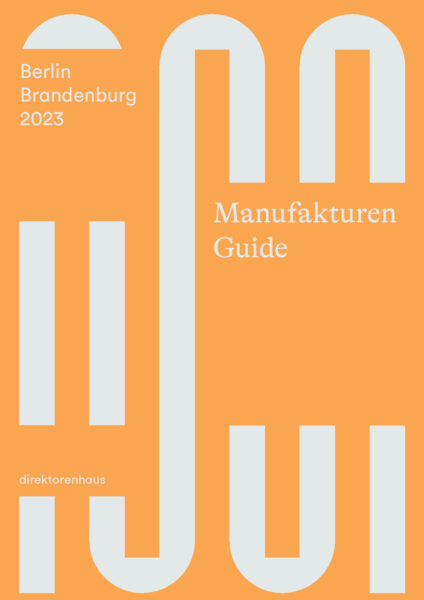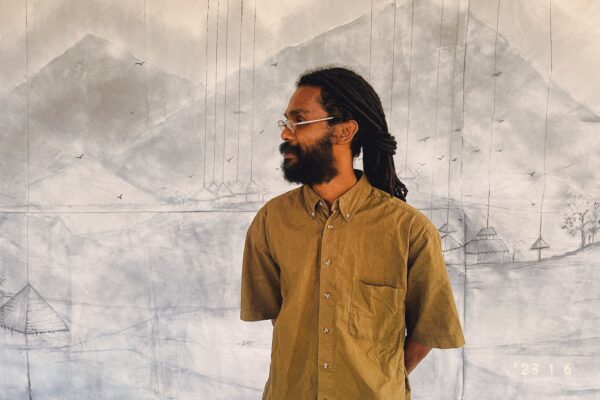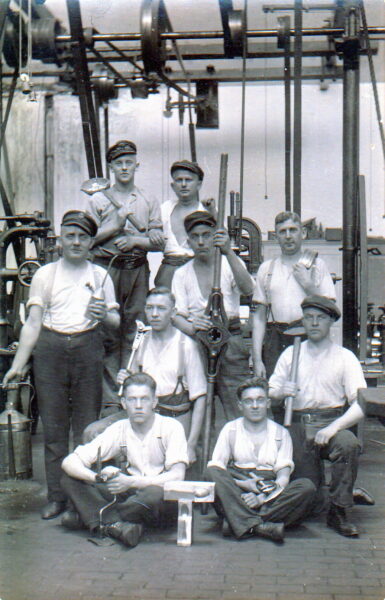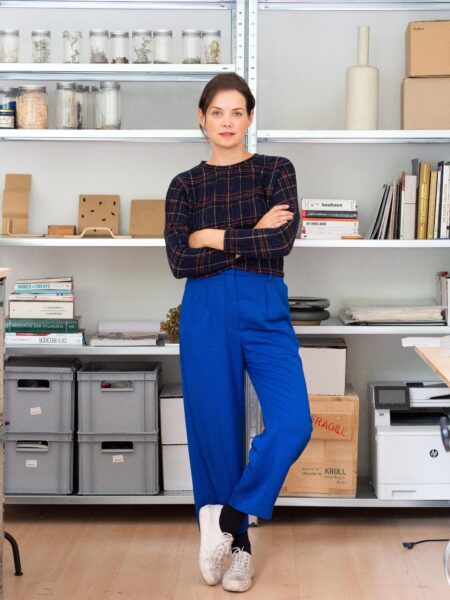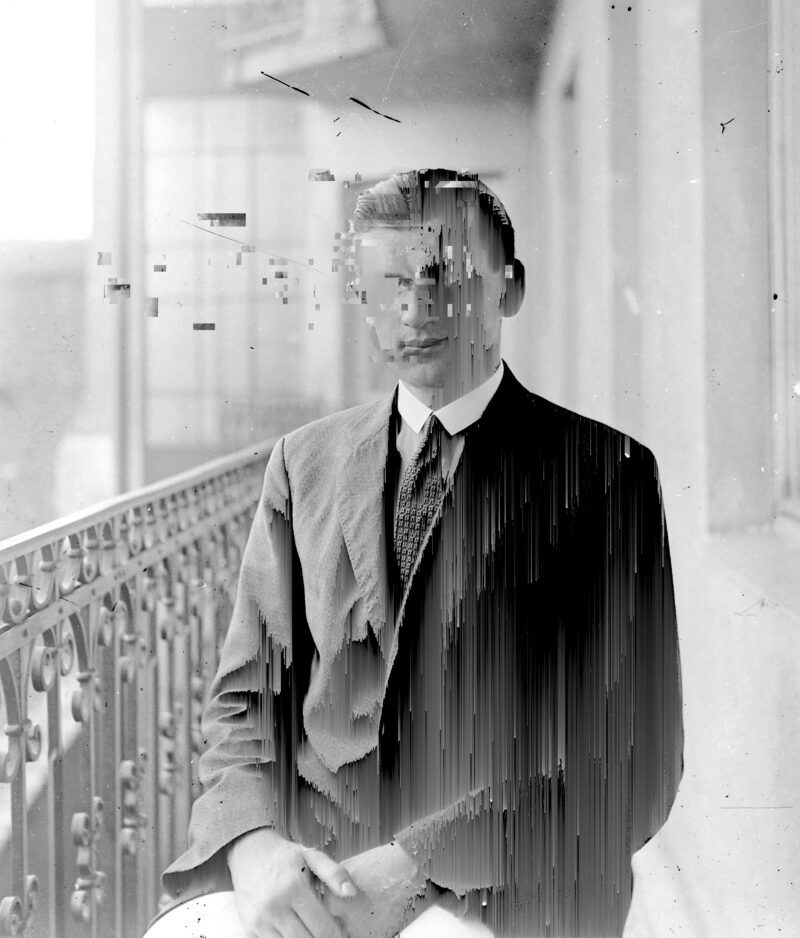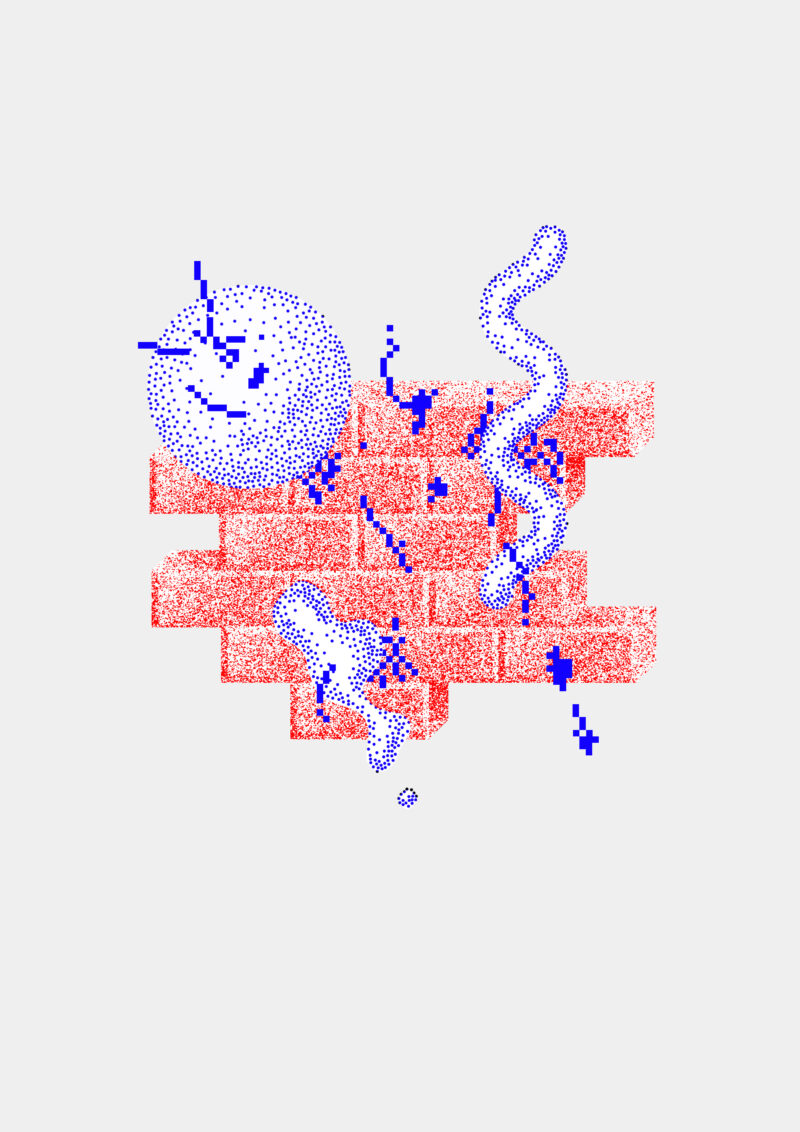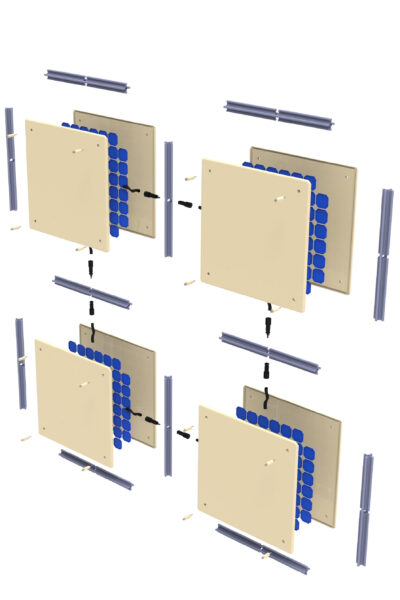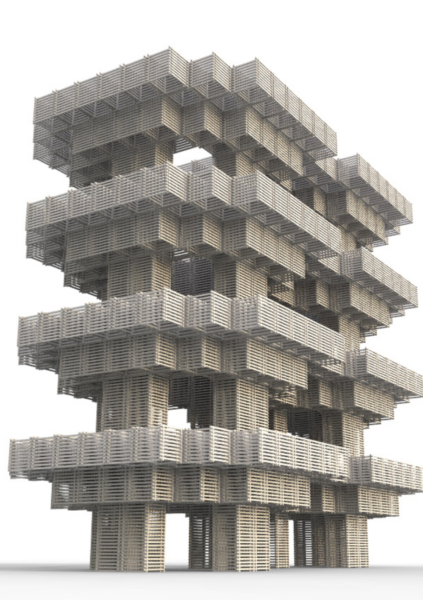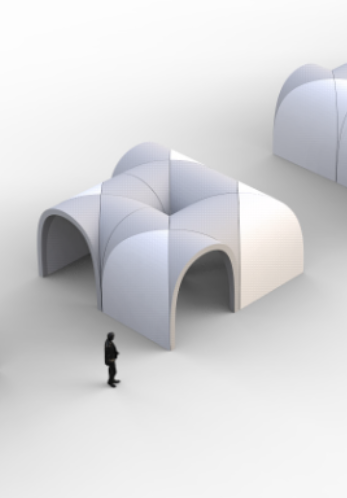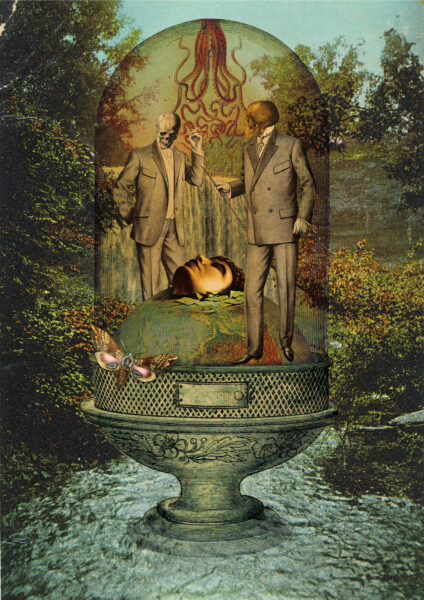Every year, fellows from various disciplines work at or with the Direktorenhaus. Their ideas flow into the conception of the exhibitions and research projects, which are developed from two points of view: The first is a design ethnology perspective that focuses on the exploration of past and established cultural forms. This is built upon by the perspective of speculative design, from which emergent themes find their way into the exhibitions in the form of unique pieces and prototypes.
The focus of design ethnology lies in elementary and material objects of everyday life. These everyday items become apparent first and foremost in the aspects of technology and aesthetics. With its practice of archiving, creating inventories, collecting and cataloguing, design ethnology aims to protect immaterial cultural heritage.
At the same time, the identification of local and regional ressources gives impetus to innovation. Scenarios are developed from the perspective of speculative design, which anticipate alternative forms of usage. Design and future-oriented research meet in speculative design. This ‘hypothetical dimension’ of design gives rise not only to products or media but also to processes, conditions and atmospheres.
Intangible Heritage
The research area ‘Intangible Heritage’ deals with the archiving, visualisation and new contextualisation of traditional craft techniques.
Traditional handicraft techniques, which belong to the five areas of intangible cultural heritage according to UNESCO’s definition, are used in the processing of classic materials and the production of various objects. The primary focus is not on the preservation of the objects themselves but on their production – in other words, the skills, knowledge and creativity to make them. In times of digital-industrial and increasingly immaterial production, special conditions are needed under which handicraft creation and the passing on of experiential knowledge are still possible.
The research series ‘Intangible Heritage’ brings together projects that investigate and visualise the situation of traditional crafts in different regions of the world; at the same time, these archives are linked to project prototypes that aim to ensure their connection to cycles of cultural and economic exploitation (activation).
The project ‘Manufakturenstraße’ maps the diversity of German manufactories and artisans in an online archive. The publication series ‘Manufakturen Guide’ presents, starting from the geographical reference point of European regions, the manufactories and artisans active there. The ‘Craft Atlas Ethiopia’ provides an overview of Ethiopian handicrafts and attempts to make visible the traditional craft practices that have come under increasing pressure in recent years. All research projects analyse the craft in terms of its degree of endangerment and its cultural-political and economic significance for the future.
Design & Society
The research area ‘Design & Society’ deals with the expanded possibilities of design to become socially effective. Whether Arts and Crafts, De Stijl, the Bauhaus or the HfG Ulm – many historical design movements linked their design activities to the question of a better life and had the pressing problems of their time in mind. Today, academic design research is again calling for more social commitment to a transformation inspired by design. The fact is, however, that this theoretical design self-discovery has not yet arrived in society (and even less in politics). Whether for education, business, legal development, health or social issues, designers are hardly visible in the pre-political space or part of advisory bodies.
The research series ‘Design & Society’ highlights application-oriented projects that are not afraid to cross the threshold from the political into politics, from pedagogy into education and from the economic into business from the perspective of design. The current projects concern the transformation of the education sector (Urban Maker Club), the transformation of tourism (Gentle Traveller) and transformative approaches in journalism (Neue Relation).
Future Refugia
The research area ‘Future Refugia’ investigates the refugial spaces of private housing. In ecology, the term ‘refugial spaces’ (from the Latin refugium = place of refuge, refugia; also conservation spaces) refers to habitats to which animal or plant species retreat because survival is no longer possible in their original habitats for various reasons. ‘Future Refugia’ transfers this idea to humans. The project series questions the possibility of natural spaces, recreational spaces and private places of residence and retreat in an increasingly crowded world. ‘Future Refugia’ summarises recent developments in architecture, interior design and landscape architecture. All three disciplines have to react: ideally, not much should be built any more, as the required economy of resources demands more repair and transformation of the existing stock, which entails a change in interior concepts; rising rents are driving people out of the inner cities, so that alternatives in rural space are becoming more important, space that is, however, becoming increasingly small-scale because cultural landscapes are increasingly sealed or used for economic purposes.
The project series ‘Call me Ornament’ deals with the visible surfaces of interiors such as wall or ceiling design or all materials in the room. The ‘Synaestetica’ project series focuses on the invisible factors of interior design, which are conveyed, for example, via auditory and olfactory perception; together with visual impressions, they result in a synaesthetic, holistic sense of space. The ‘De/Pod’ and ‘Fachwerk Lab’ projectss deal with the potentials of modular construction, while the ‘Solar Shingle’ tries to find aesthetic solutions for sustainable energy production.
